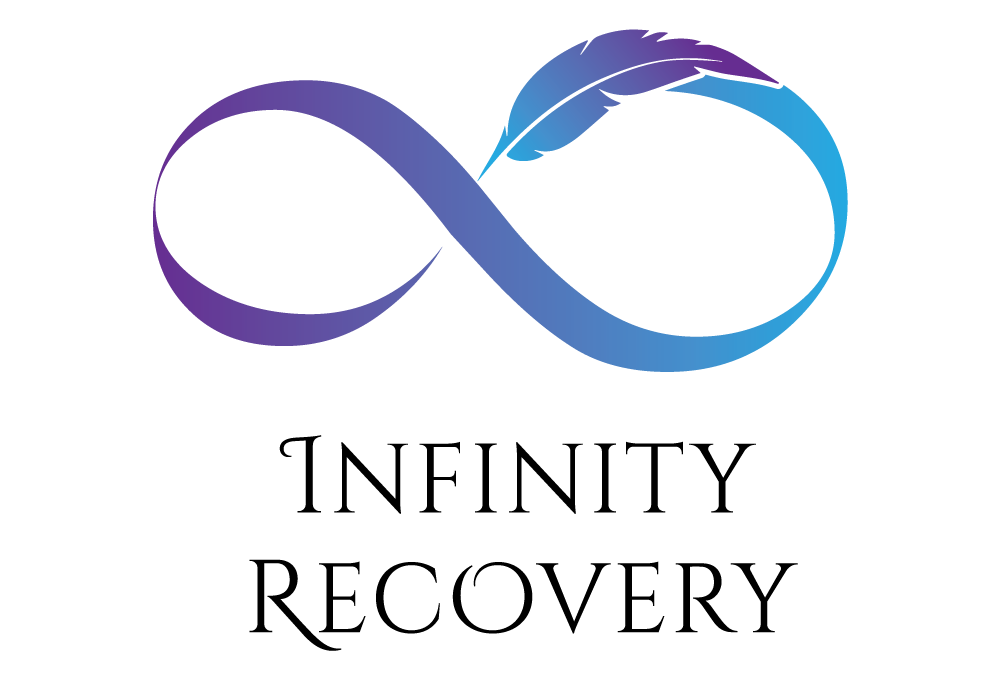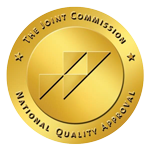One of the first steps in recovering from substance use disorders is the detox process. The detox process includes multiple elements, from therapy to medication assisted treatment (MAT). One of the most important aspects of the withdrawal process is managing withdrawal symptoms, and not all withdrawal symptoms are created equal. Depending on the substance, they can range from mild to severe or even life-threatening. No matter the substance, however, this initial phase is critical to a person’s physical, mental, and psychological health and sets the stage for long-term recovery.
This blog article will explain what hallucinogenic drugs are, the withdrawal symptoms associated with them, and how hallucinogenic drug withdrawal symptoms can be managed.
What Are Hallucinogenic Drugs?
The United States Drug Enforcement Administration (DEA) describes hallucinogens as “among the oldest known group of drugs used for their ability to alter human perception and mood.” Commonly recognized hallucinogens include Acid (LSD), Mushrooms, and Ecstasy (MDMA). They often come in various forms, including pills, powder, and liquid.
What Are Common Hallucinogenic Drug Withdrawal Symptoms?
Hallucinogenic drugs do not cause the same type of physical dependence as alcohol and opioids. Instead, hallucinogenic withdrawal is known to cause psychological symptoms such as anxiety and depression, mood swings, paranoia, flashbacks, fatigue, difficulty concentrating, and more. This is likely because hallucinogenic drugs affect the serotonin (sometimes called the “feel good hormone” in a person’s brain.
The risk of severe withdrawal is comparatively low, but withdrawal can be very uncomfortable.
How Long Do Hallucinogenic Drug Withdrawal Symptoms Last?
Like most withdrawals, the timeline for withdrawal will vary from a few days to weeks. Factors that influence hallucinogenic drug withdrawal symptoms are the length of time and amount that a person used them, the types used, the person’s overall health, and if they used hallucinogens with other substances.

Coping Strategies for Hallucinogenic Drug Withdrawal Symptoms
If you are experiencing hallucinogenic drug withdrawal symptoms, here are five things that might help:
- Focus on creating healthy habits. While hallucinogenic drug withdrawal symptoms tend not to be physical, activities such as regular exercise, eating healthy, and getting enough sleep can help reduce mood swings and help combat fatigue.
- Routine, routine, routine. A consistent daily schedule can be very helpful in navigating one’s day and can provide a sense of focus and purpose. Having a plan for the day or the week can reduce anxiety about what to do next and might keep your mind from having flashbacks.
- Avoid triggers and seek support. Physical environments, and people (peers, friends, family) are known triggers for cravings and relapse. During withdrawal, memories of hallucinogen use could cause distress. Avoiding those triggers will reduce negative symptoms. On the other hand, connecting with people in your life that are supportive of your health and well-being can have a calming effect.
- Practice mindfulness. Meditation, yoga, and deep breathing are all proven techniques for managing anxiety and providing clarity. Music and walks can also help. If you enjoy any of these activities, try to do them regularly during this stage of recovery.
- Seek professional help. Healthcare providers, therapists, and counselors with experience in detox treatment and therapies can help monitor and address any symptoms that arise. Cognitive behavioral health (CBT) therapy is an excellent tool for managing depression and anxiety, for example.
Detox at Infinity Recovery
The detox process can feel overwhelming and intimidating, especially when you think about the withdrawal symptoms that could come with it. Our team of experienced, compassionate professionals understand this and are dedicated to supporting you and your loved ones through this time. We closely monitor everyone joining our detox program and combine a holistic approach with medical interventions. If you or a loved one have been considering detox, please contact us today. We want to learn more about you and discuss how we can help, no matter where you are on your recovery journey.













